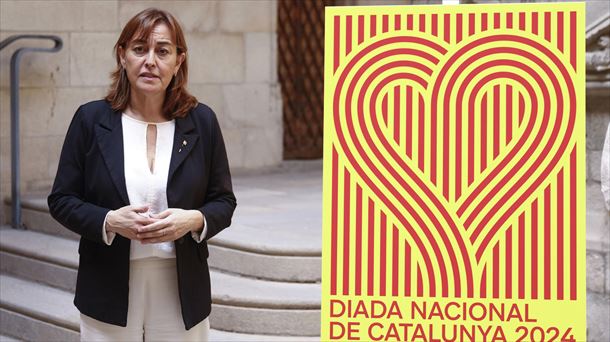From January 1, plastic and metal packaging will be collected uniformly in the yellow bin throughout Austria. A deposit system applies to disposable beverage packaging. Environment Minister Leonore Gewessler (Greens) promised on Thursday that waste separation would become easier and more understandable (see video above).
Vienna, Carinthia, Salzburg and most of Lower Austria had already switched to the joint collection of light and metal packaging by 2023. “The result was that on average 20 percent more plastic and metal packaging was collected in the yellow bin (…),” Leonore Gewessler said in Vienna on Thursday. Currently, about half of plastic packaging is collected separately, which is far too little.
The innovation is still under consideration in Vorarlberg, Tyrol, parts of Upper Austria, in Styria and in two districts of Lower Austria, says Andreas Pertl, director of the packaging coordination office. “From the moment the metal packaging containers are removed, the metal packaging can of course be placed in the yellow bag or yellow bin.”
This is how the new deposit system works in Austria.
There will be uniform stickers
A uniform sticker for the yellow bin is planned. According to Perl, toothbrushes, toys and the like are still destined for residual waste or the recycling center. Gewessler spoke about an important step towards a functioning circular economy and meeting the EU’s recycling quotas. These stipulate that 55 percent of all plastic packaging must be recycled by the end of 2030. This corresponds to a doubling of the quota from 2022.
The Environment Minister also recalled on Thursday the switch to a one-time deposit system for all plastic and metal beverage packaging, with the exception of dairy products. From January, a uniform rate of 25 cents will be charged per parcel and will be paid upon return. This includes all drinks with an Austrian deposit symbol printed on them. Remaining stocks can still be sold and should then be placed in the yellow bag.
“We have of course based the system on successful examples.” In Germany, deposits work “excellently”, especially in small return points and in shops open until late in the evening, but also in tobacco shops, Gewessler said.
Source: Krone
I am Ida Scott, a journalist and content author with a passion for uncovering the truth. I have been writing professionally for Today Times Live since 2020 and specialize in political news. My career began when I was just 17; I had already developed a knack for research and an eye for detail which made me stand out from my peers.


